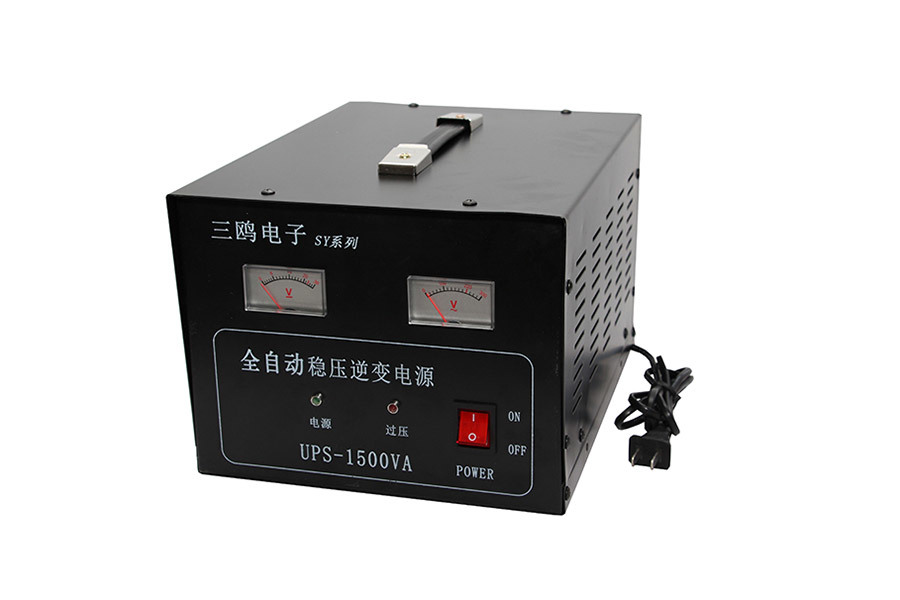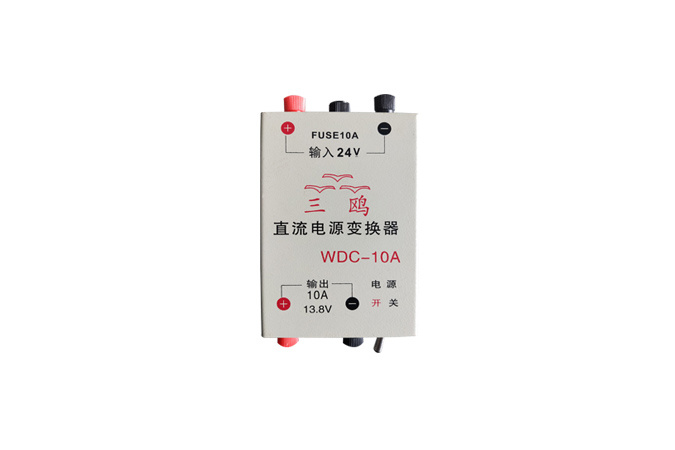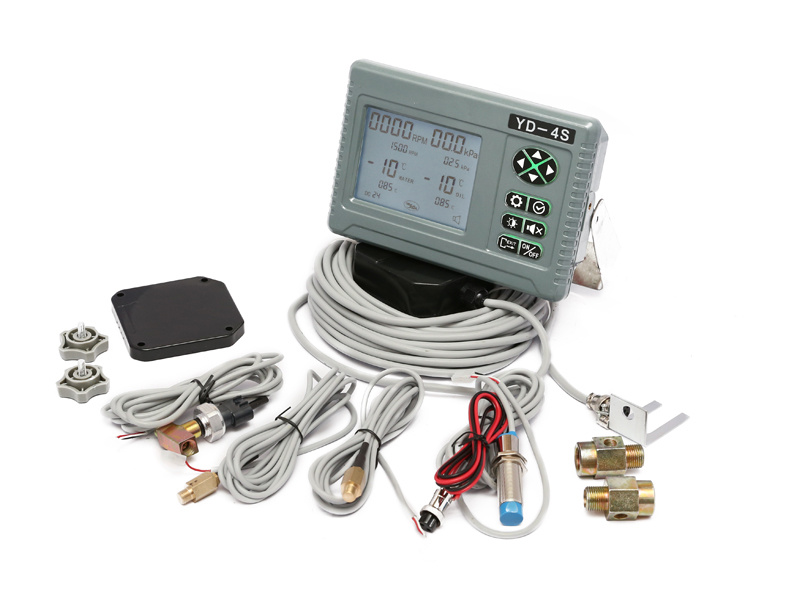News Center
Understanding Intelligent Signal Distributors: A Key Component in Optoelectronics
An intelligent signal distributor can intelligently route signals, adapt to changing conditions, and optimize performance based on real-time data. This adaptability is crucial in environments where signal integrity is paramount. For instance, in telecommunications, a well-designed intelligent signal distributor can help minimize signal loss and reduce latency, ensuring that data transmission is seamless and reliable.
One of the significant advantages of intelligent signal distributors is their ability to manage multiple input and output channels efficiently. In complex systems where various signals need to be processed simultaneously, these distributors can prioritize and allocate resources dynamically. This capability not only enhances the overall system performance but also simplifies the design and reduces the need for excessive cabling and components.
Signal integrity is another critical aspect that intelligent signal distributors address. By utilizing advanced algorithms and signal processing techniques, these devices can filter out noise and interference, ensuring that only high-quality signals are transmitted. This is particularly important in applications such as high-definition video transmission, where even minor signal degradation can lead to noticeable quality loss.
Moreover, intelligent signal distributors are often equipped with monitoring and diagnostic features. These functionalities allow system operators to track performance metrics, identify potential issues, and make data-driven decisions to improve system efficiency. For instance, if a signal distributor detects a drop in performance, it can automatically adjust its routing strategy or alert the operators for maintenance, thus minimizing downtime and ensuring continuous operation.
In conclusion, intelligent signal distributors are integral components in the field of optoelectronics, contributing significantly to the reliability and efficiency of signal management. As technology continues to advance, the importance of these devices will only grow, making them indispensable for modern communication systems and applications. Understanding their functionality and capabilities can help businesses and individuals make informed decisions about their electronic and optical systems, ultimately leading to improved performance and outcomes. For those involved in the design and deployment of complex electronic systems, recognizing the value and applications of an intelligent signal distributor is essential for achieving optimal results.
Related News
Understanding the Functionality and Benefits of 1 in 4 Out Signal Distributors
In the realm of electronic components, particularly within the optoelectronic sector, signal distribution is a critical process that ensures efficient communication between devices. A 1 in 4 out signal distributor is a specialized device designed to take a single input signal and distribute it to four separate output channels. This functionality is essential for various applications, including tel
Maximize Your Signal Distribution with an Efficient 1 in 10 Out Distributor
Maximize Your Signal Distribution with an Efficient 1 in 10 Out Distributor Table of Contents Understanding Signal Distribution What is a 1 in 10 Out Distributor? Benefits of Using a 1 in 10 Out Distributor Applications of 1 in 10 Out Distributors Key Features to Consider Installing and Configuring Your Distributor Troubleshooting Common Issues Maintaining Your Signal Distributor
Understanding the Furuno 1831 Radar Plug: An Essential Component for Radar Level Measurement
The Furuno 1831 radar plug, particularly the 24-pin square connector, is integral to the operation of radar systems commonly utilized in level measurement applications. These systems are widely recognized for their accuracy and reliability in gauging material levels across various industries, including chemical processing, water treatment, and food and beverage manufacturing. One of the primary fu




